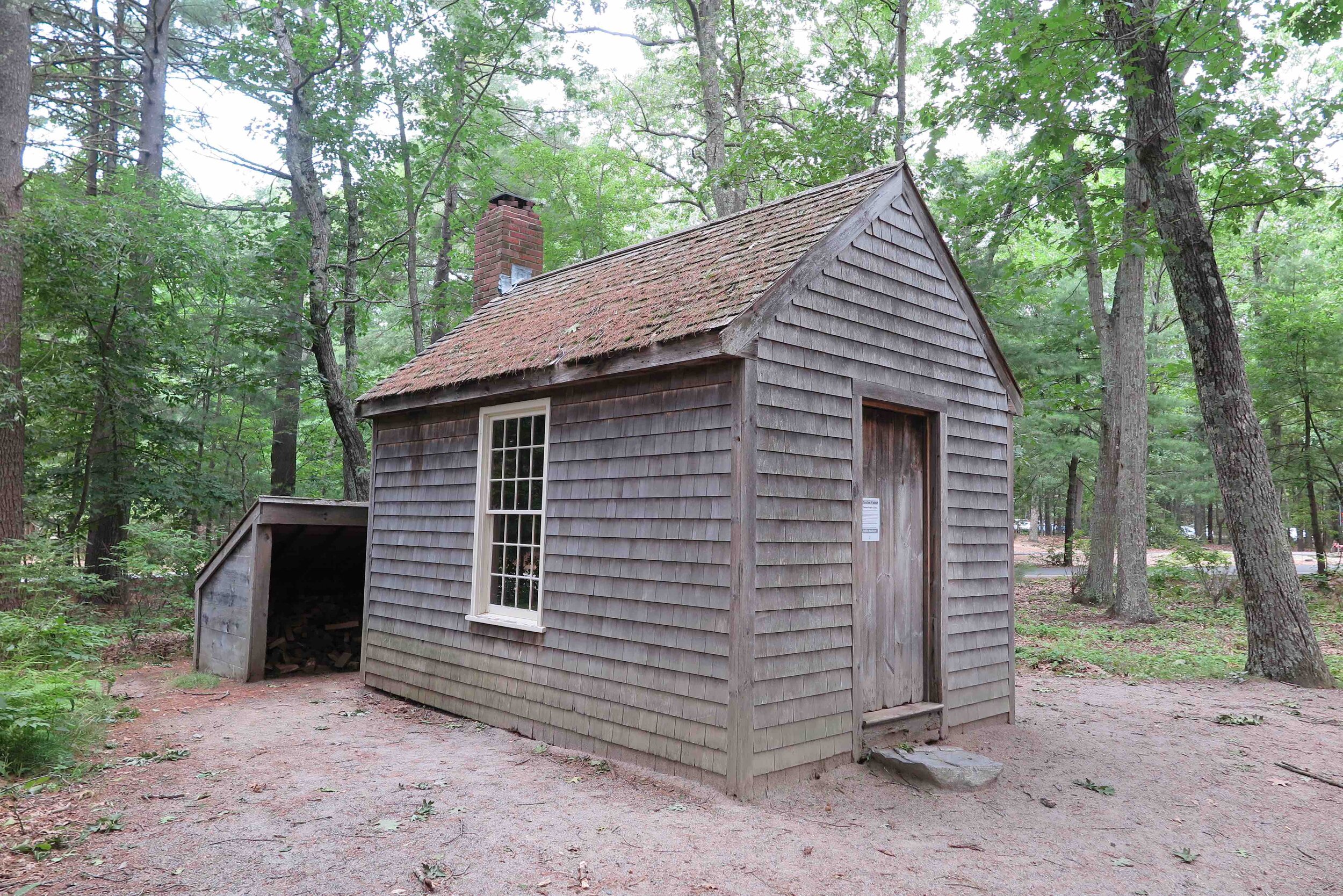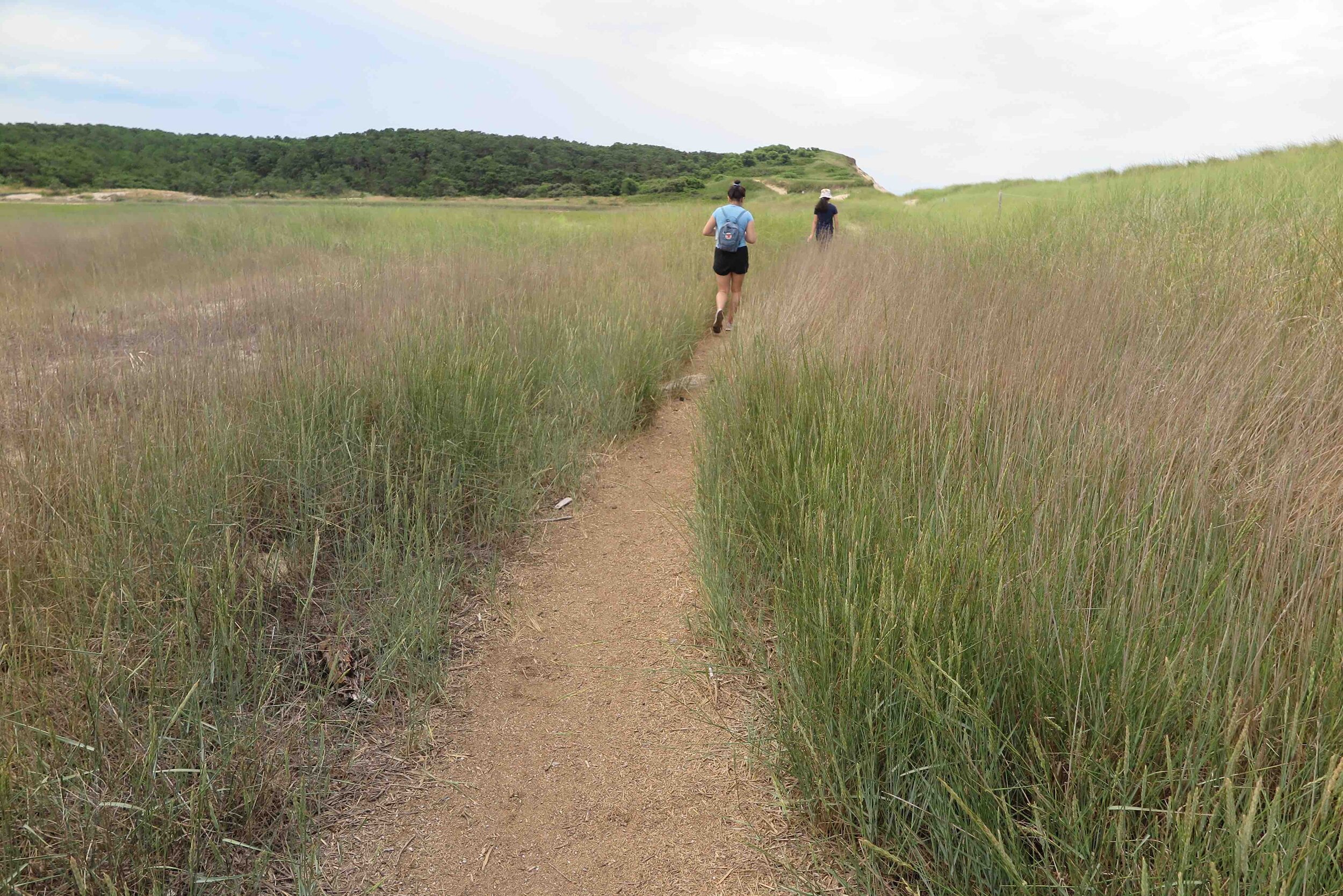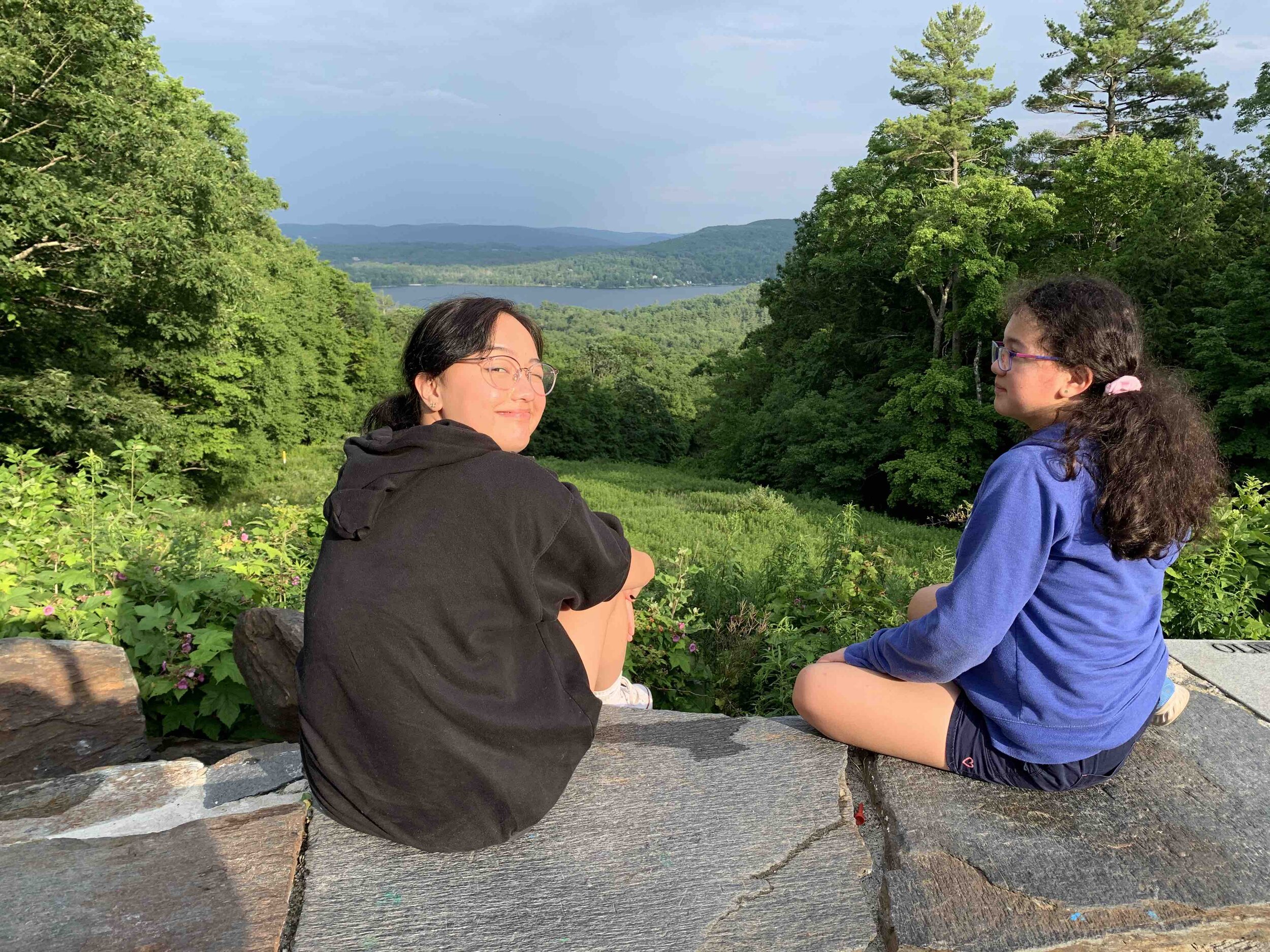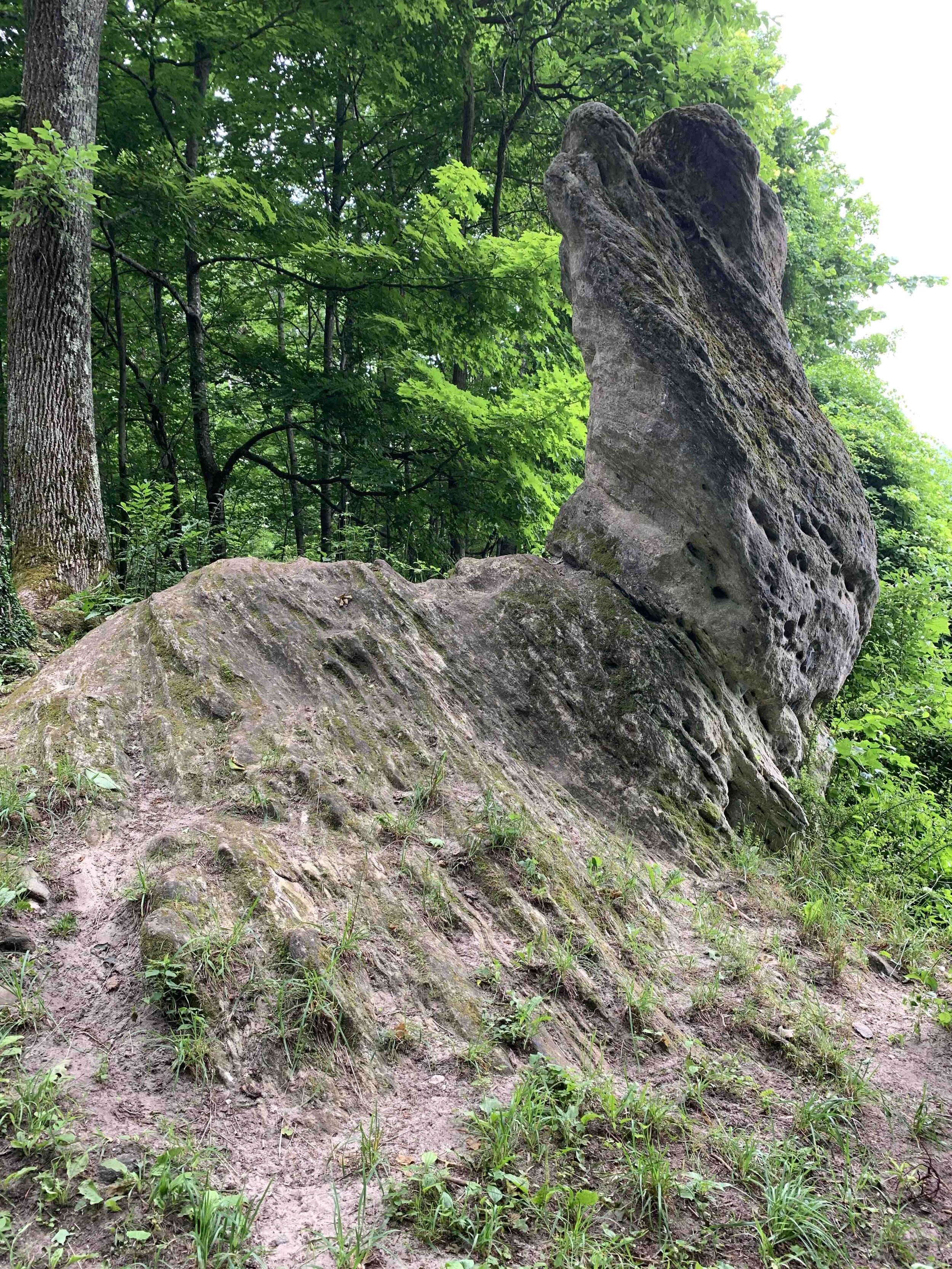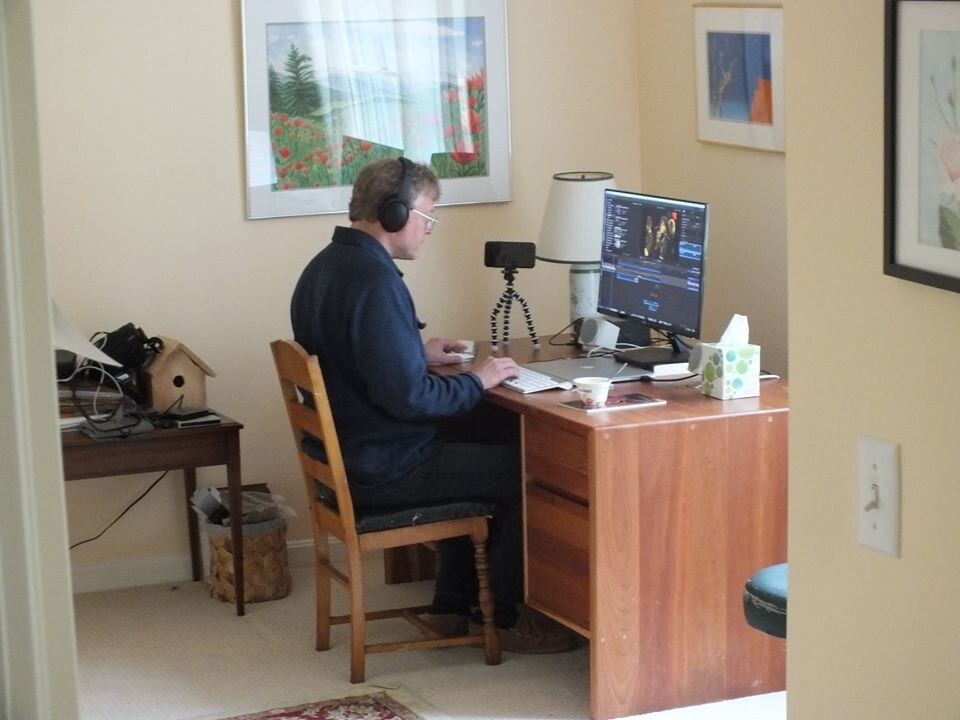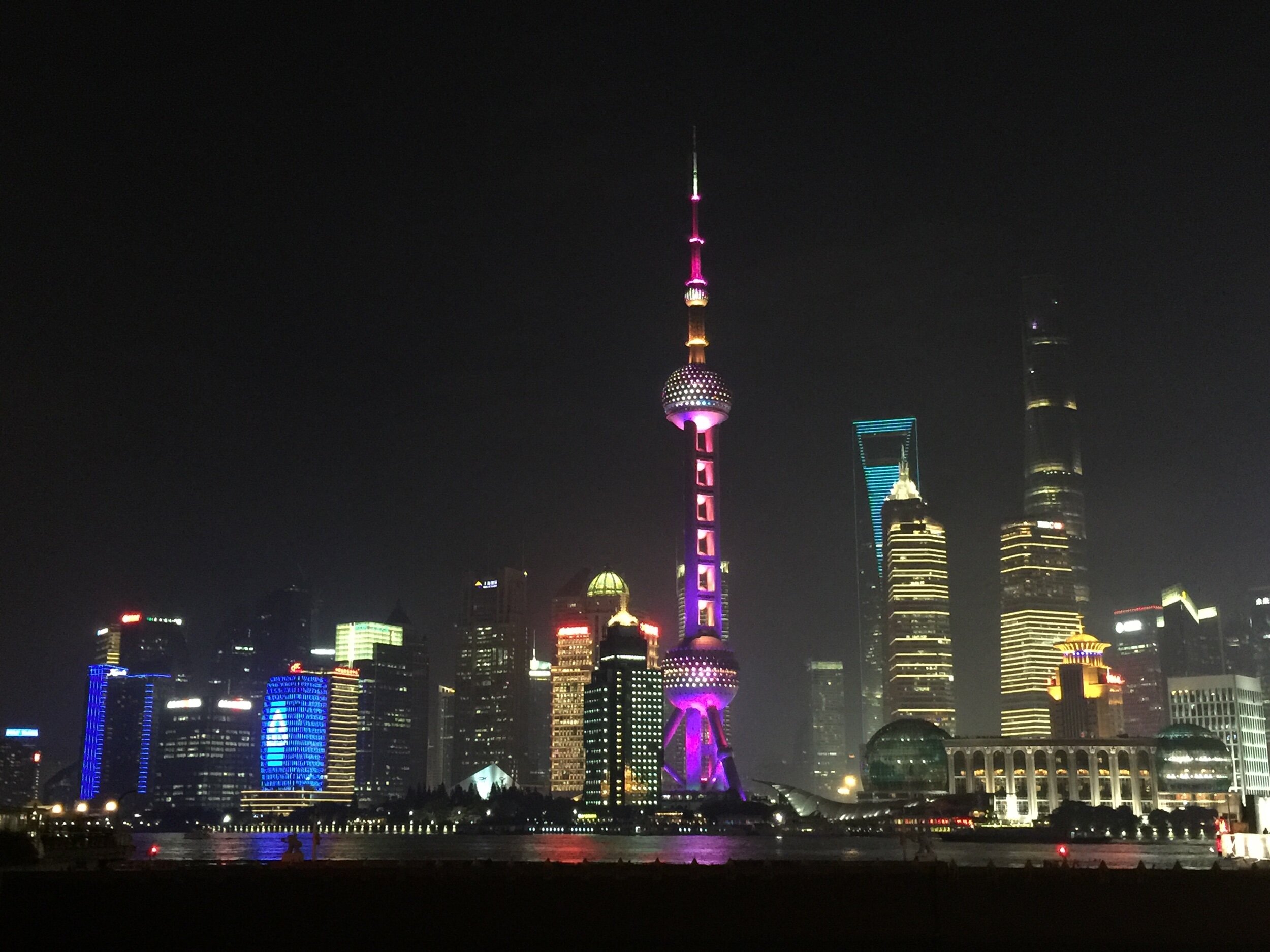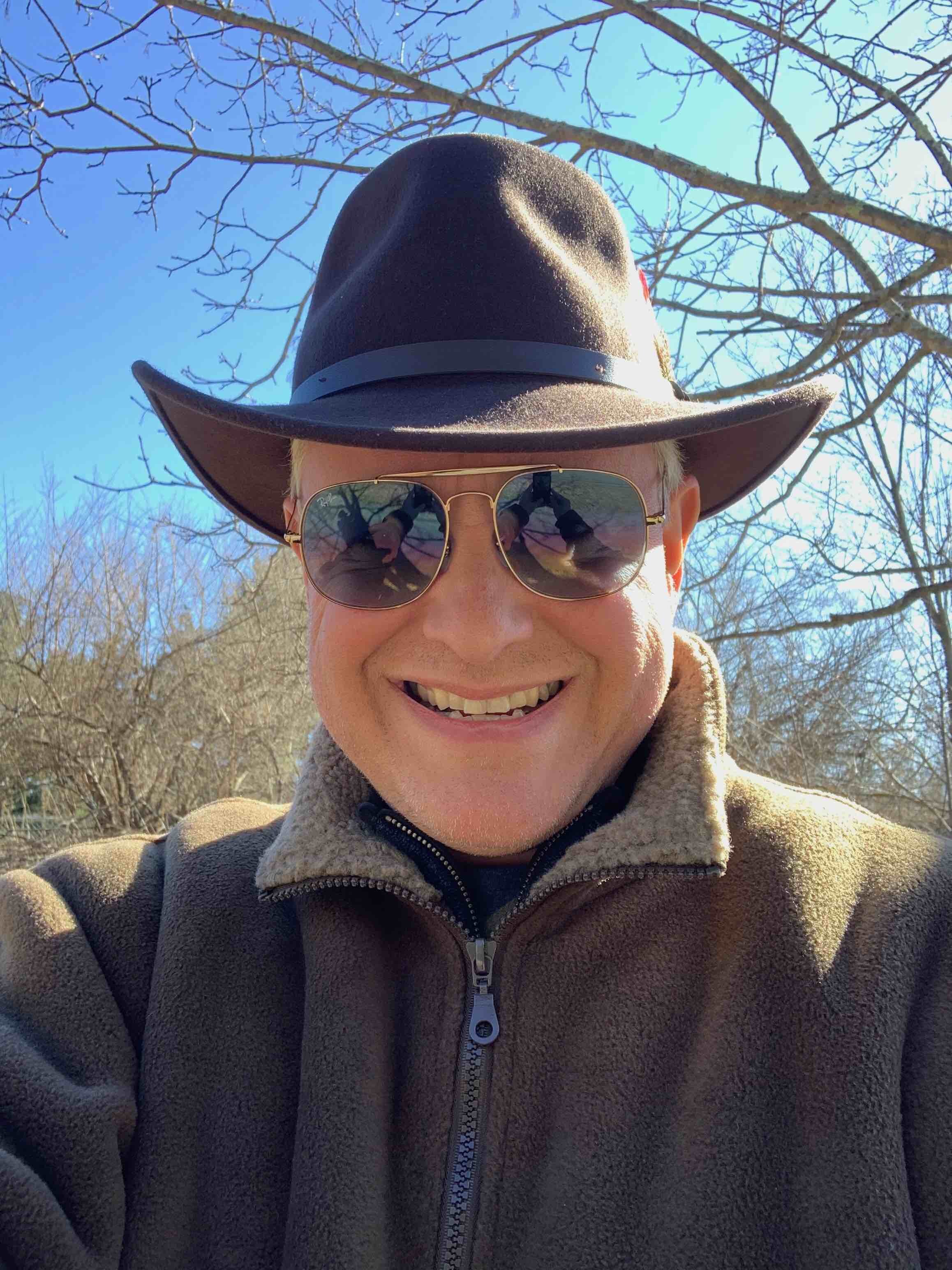Home sweet home—back in our pad in Shanghai. It only took seven months!
As readers of my blog posts should know already, in February, I left China with my two daughters to spend some time in the USA. We began our journey in California, where we sheltered for two weeks in a hotel before spending a few days with my aunt and uncle in the Berkeley Hills. We then flew to Boston, where we settled with my parents in my hometown of Acton, Mass.
The month of March was a bit of a nightmare as the USA gradually came to the realization that the virus known as COVID-19 was spreading rapidly through the country. Mass. was hit hard early on, mainly because of its proximity to New York and because of Boston’s status as a transnational education and business hub. Things began to close down rapidly in mid-March, and my dreams of spending some quality time with old friends and visiting my old haunts in the Boston area were quickly dashed. By the end of March, when we tried to get back to China and secured a flight back to Shanghai, it was too late. Three days before our scheduled flight, China suddenly announced that it was closing its borders to international travelers. For better or worse, we were destined to remain in the USA for the time being.
We were certainly lucky to be sheltering with my parents in their lovely home in the hills of Acton Mass. There was plenty of space in our home, and we had easy access to street walks and forest trails. Over the spring months, we were quite busy with our online schooling—I was teaching remotely, and the girls were taking their classes online, sometimes staying up until the early hours of the morning because of the time difference (their schools are in Shanghai). This was a difficult period, but we settled in and did the best we could.
As I wrote in several previous posts, in order to maintain my own health and my sanity in the midst of the uncertainty and anxiety of this period, I began to explore the nature trails and wildlife refuges in the areas surrounding my hometown. In June, I started cycling regularly with my step-father and later with an old neighborhood friend, who lives in the Boston area. In July, when we are normally on holiday in Acton and the girls are usually in summer camp, we took advantage of our location to do some traveling in our home state, visiting the westernmost region of the Berkshires and the easternmost coastal area known as Cape Cod.
By August, we were eager to return to China as soon as possible. I was gearing up to begin a busy academic year at Duke Kunshan University, taking on a full-time course load for the first time since I joined this startup university in China in 2015. The girls were all set to begin their fall semester at their schools in Shanghai. Needless to say, we were not looking forward to another semester of remote schooling. While Zoom classes had seemed to work the previous semester, we were hoping to get back to our schools, which were opening up for the fall.
Meanwhile, I was corresponding with our leaders at Duke Kunshan, hoping to get on the invitation list for employees returning to China. At first, the response of the leadership was uncertain. The process itself was not yet consolidated. Eventually, we received news that the first batch of Duke Kunshan employees from abroad were in process of being invited back to China. There was hope after all. The first group included deans and other members of the campus leadership team. Fair enough. I was told to be patient and that they were working on getting me and the other faculty members back as soon as they could.
Around mid-August, the news arrived that I was on the invitation list for the next batch of employees to return to China. I was elated by the news, as was my wife, who as readers know, remained in Shanghai throughout this episode. Presently, we received our official invitation letters as well as detailed instructions from our HR team on how to apply for the temporary entry visa to return to China.
The instructions were rather complicated, and it took quite some time to assemble all of the necessary components of the invitation process in order to secure our visas. I did so as quickly as possible, and sent the package to the New York Consulate, which was handling the visas for me and my daughters. Within one week, I received a package from the Consulate with our passports containing the necessary visas. I was about to head out on my regular Friday morning bike ride when the mail truck pulled up to our house and the mailperson handed me the package. Needless to say, we were over the moon.
Having secured the visas, we began to work on flights. Fortunately, my wife’s travel agent in Shanghai was able to book us seats on a Delta flight from Detroit to Shanghai, via Seoul. We were told that the Seoul stop was “technical” and that we would not deboard. All of this happened very quickly. We received our visas at the end of August, just as we were getting ready to begin our fall semesters. Our flight date was set for September 7.
We spent the next few days preparing for our journey. After seven months in the USA, we had accumulated a lot of stuff—clothes, books, gear, and other things (you must remember that we had no idea we would spend so much time in the USA, so we arrived with very little in the way of belongings). That week, I took in a couple of nature walks and a final bike ride. I also met John Hanson Mitchell, the author of the books that had served me well in the past few months as guides to local history, nature, and lore, which was a real treat. Meanwhile I had a few phone calls or Zoom calls with friends and family who we were unable to see in person during our stay in Acton.
One thing that I had been uncertain about was whether or not we needed a negative test result for the virus in order to board the plane. After corresponding with colleagues and with the human resources at my university, I finally determined that that was unnecessary. However, in a Kafkaesque fashion, an announcement soon appeared stating that after September 15, all passengers traveling from the USA would need to complete a test before boarding an airplane to China.
In order to cover our bases and also to rest assured that we would not be spreading the virus to others, I arranged for us to get tested at a local testing center not far from my hometown. The procedure was very quick and efficient, and within a few hours we had the results by email, which thankfully were negative. Of course we had taken great precautions to shelter and to limit our social contacts, so we were not surprised by the results, but nevertheless it was a great reassurance to us and our parents.
Getting ready to head to the airport, overloaded with bags
On Monday morning, Sept 7, my step-father drove us to the Logan Airport in Boston. We were overloaded with suitcases and bags, and also a guitar I brought over from China and a ukulele that my daughter had collected on the journey. At the airport, we checked in six pieces of luggage (two apiece) and carried the rest of our belongings to the security check. There we were told we had to limit ourselves to two items per person. We had to make a sudden decision, and I chose to leave a couple of travel suitcases of books behind, as well as our instruments. This turned out to be a good thing. And it was also a good thing that my step-father was there to take our extra stuff back home, where they await our next journey to the States.
Checking temps in the Detroit airport prior to boarding our flight to Shanghai
We flew to Detroit. After a few hours in the Detroit airport, we took the Delta flight DL283 to Shanghai via Seoul. Most of the passengers were Chinese, although there were a few other groups of foreigners, who like us had secured their special invitations from their companies and organizations to return to China. Before boarding the plane, the airplane crew made us download an app and fill it in—this was a health declaration that we needed to show to the security people upon our arrival in Shanghai. We were also given a temperature check. After that, they put a sticker on our passports to show we’d passed the check. We boarded the long flight to Seoul, arriving around 14 hours later. After a brief stop in Seoul, where they changed some crew members, we headed on to Shanghai, arriving there around 2 am.
On the airplane bound for Shanghai
Upon our arrival in Shanghai, we were all put through a series of checks and tested for the virus. For this purpose, we went through several stations in the airport, where attendants in full hazmat gear took our temperatures and handed us each a test tube for the “nucleic acid” test that would determine whether or not we were carrying the virus. The test involved a nurse taking a long swab and swiping it deep in our nasal cavities. This had to be done for both nostrils. Then she dropped the results into the test tube marked with our identification info. This was an uncomfortable yet painless process.
Taking the nucleus acid test in the Shanghai airport
Following the test, we collected our suitcases and headed to another station in the airport, where we were sorted for quarantine housing. We went to the Jing’an district station(that’s the district where we live in Shanghai). The friendly attendants there had us fill in more forms, and they assured us that since we have an 11-year old child in our group, we could quarantine in our own apartment. This was a huge relief. We were then taken to a bus, which drove us out of the airport and over to the Jing’an district, about an hour’s ride, arriving at the Holiday Inn Express located next to the Shanghai Rail Station. We arrived there around 4:30 am, greeted by staff in hazmat suits, and settled into a hotel room. We were told not to leave the room until they gave us news about our test results.
Quarantine hotel checkin in shanghai at around 4 :30 am
We spent the next day in the hotel waiting for the results. Given the extra-long flight from Boston to Shanghai and our severe jet lag, we had trouble discerning night and day, and we slept periodically through the next day and night. The room was comfortable for a typical hotel room in Shanghai, but for three people living there and unable to leave the room, it quickly became quite cramped and claustrophobic. We did some work, but mostly in our dazed condition we slept and lazed about,watching videos on our screens to pass the time. I had been watching the Bosch series—an LA police/crime drama series produced by Amazon—and I got through the entire fourth season as we rested and waited for news.
On the bus taking us to our home in Shanghai
Finally, on the afternoon of our second day in the hotel, we received the good news that we were to be transferred to our home in Shanghai. We quickly packed our bags and headed down to the hotel lobby. There, we boarded a bus along with several other passengers, and the bus took us to our neighborhood in Shanghai. Upon arriving at the gates of our compound, we were greeted by several staff of the facilities management, who took down our information and helped us carry our luggage to our apartment. Once ensconced in our apartment, we were told that a group of nurses and other quarantine managers would visit our apartment and take our info and our temperatures and give us instructions for the quarantine period.
We were elated to finally be back in our own home in Shanghai after living abroad for seven months. My wife, who could not be there with us but had to take up residence in a nearby hotel for the duration, had prepared our home with some necessary supplies. For the past three days I had gone without coffee while we traveled to Shanghai and waited in the hotel. (If you are reading this piece and planning to return to China soon, keep that in mind, and plan to bring your own supply of instant coffee to get you by as you quarantine in the hotel.)
A short while later, the nurse and other attendants arrived at our apartment door and took our temperatures. She made me add her on Wechat (the Chinese social media app that everyone here needs) and told me to take our temperatures each day at 9 am and 3 pm and send her the results. They would return towards the end of our 14-day quarantine period to test us again for the virus before we were finally released.
Now we must go through the two-week quarantine period, and we are fortunate to be able to do so in the comfort of our own home. Not all returnees to China are so lucky, and many are forced to quarantine in a hotel. From the two-day experience we had at the Holiday Inn Express, I can say that this would be quite an ordeal to forbear.
We are now looking forward to the day when we will finally be reunited with my wife and my daughters’ mother and her family, who wait patiently for us to complete our quarantine period. While we are giving up our own personal freedom and mobility in the process, I am glad that I am in a country that is taking such strict measures to eliminate the virus from its population.
The flip side is that once we have passed the two-week quarantine period, we can rejoin our communities and our friends and once again enjoy most of the freedoms that we took for granted before the viral outbreak began. While the process of getting back to China was quite an ordeal, we found all of the people involved on the China side to be very friendly, helpful, and supportive, whether it was the HR team on the Duke Kunshan campus, or the attendants taking us through all the various health checks and quarantine procedures. These people are working very hard day and night to ensure that the country remains as COVID-free as possible. And that is very reassuring indeed.
















